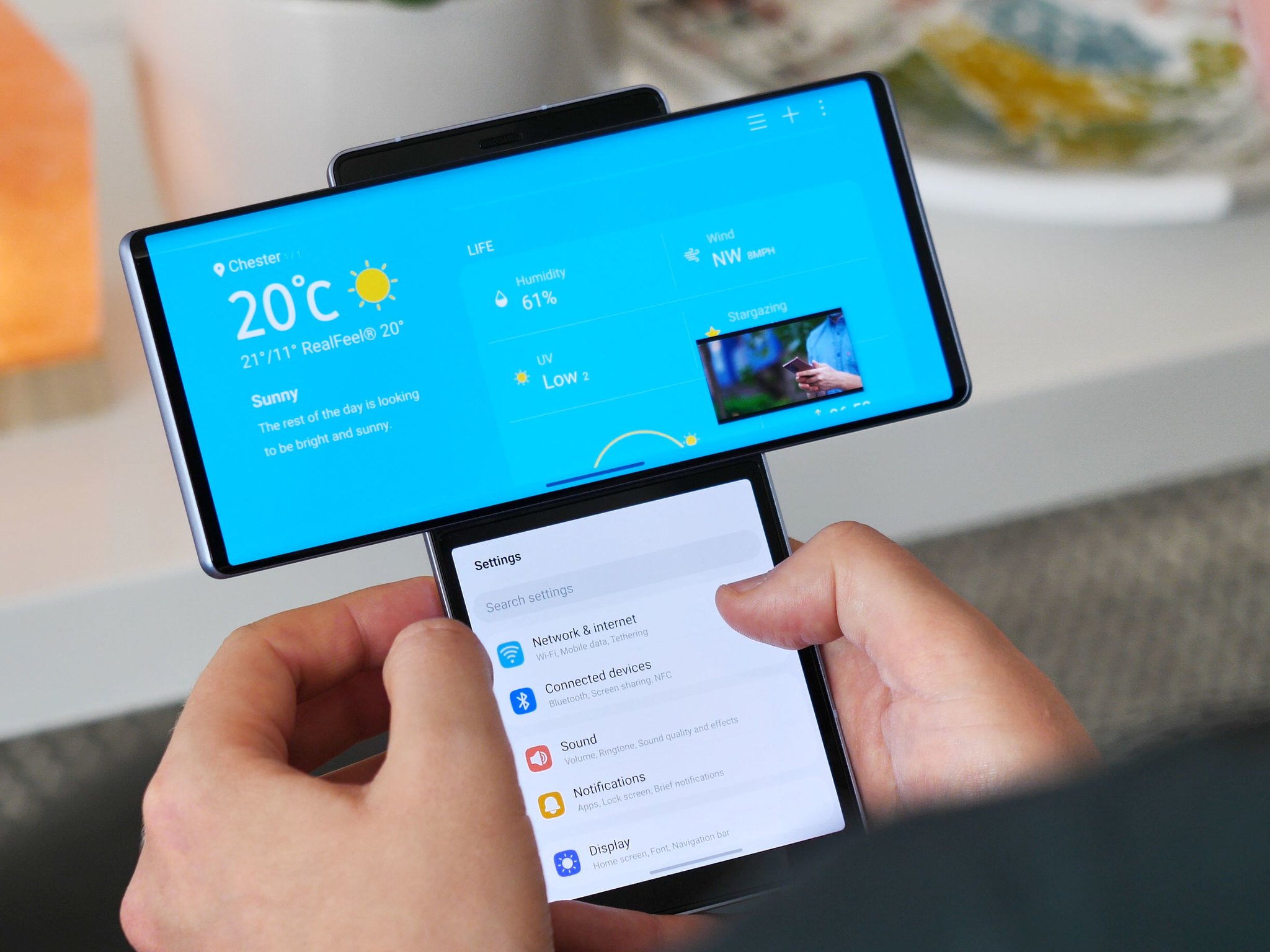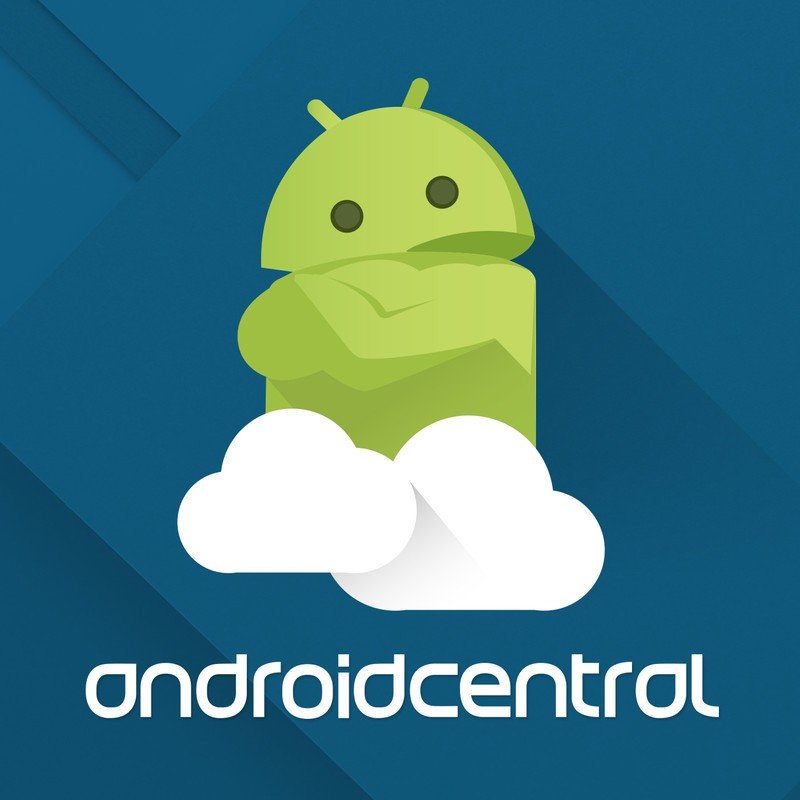These are the phones LG plans to update to Android 12 and Android 13

What you need to know
- LG provides a list of smartphones that will receive Android 11, 12, and 13.
- The list includes devices like the LG Wing, Velvet, and V50 models.
- The LG V60 is curiously absent from the list of smartphones for Android 12 and 13.
Since announcing its departure from the smartphone industry, there have been questions regarding support for LG's current smartphones, and understandably so. LG is not known to have the greatest track record for providing timely (if at all) updates for its smartphones. The company previously stated that it would support certain devices up to three years after their release, but that still left questions about which devices would be supported. Now, we have a better idea of which LG smartphones will continue to receive updates to Android 12 and Android 13.
PhoneArena spotted a page on LG's Korean site that provides a list of devices that it expects to update to the next major versions of Android. The list includes expected devices like the LG Wing and both LTE and 5G versions of the LG Velvet, each of which will be supported until Android 13. The LG G8 also makes an appearance and is expected to receive Android 12, which is good news for anyone that has decided to stick with LG's curious air-motion experiment.
There's the list of smartphones to receive the upcoming versions of Android, including the current Android 11:
Android 11
- LG Wing
- LG Velvet (LTE/5G)
- LG V50S
- LG V50
- LG G8
- LG Q31
- LG Q51
- LG Q52
- LG Q61
- LG Q70
- LG Q92
- LG Q9 One
Android 12
- LG Wing
- LG Velvet (LTE/5G)
- LG V50S
- LG V50
- LG G8
- LG Q31
- LG Q52
- LG Q92
Android 13
- LG Wing
- LG Velvet (LTE/5G)
Curiously, the LG V60 ThinQ 5G doesn't seem to be among the smartphones listed, even though it was released in 2020 just before the Velvet. The device has already begun to receive the Android 11 update in the U.S., but it's unlikely that support will stop there for one of the best LG phones in recent years. It's important to keep in mind that this list is for Korean models, and LG has stated that support will vary upon the region. Still, it's good to have some idea of how long LG fans can hold onto their smartphones before deciding where to go next.
Get the latest news from Android Central, your trusted companion in the world of Android
Have you listened to this week's Android Central Podcast?

Every week, the Android Central Podcast brings you the latest tech news, analysis and hot takes, with familiar co-hosts and special guests.

Derrek is the managing editor of Android Central, helping to guide the site's editorial content and direction to reach and resonate with readers, old and new, who are just as passionate about tech as we are. He's been obsessed with mobile technology since he was 12, when he discovered the Nokia N90, and his love of flip phones and new form factors continues to this day. As a fitness enthusiast, he has always been curious about the intersection of tech and fitness. When he's not working, he's probably working out.
